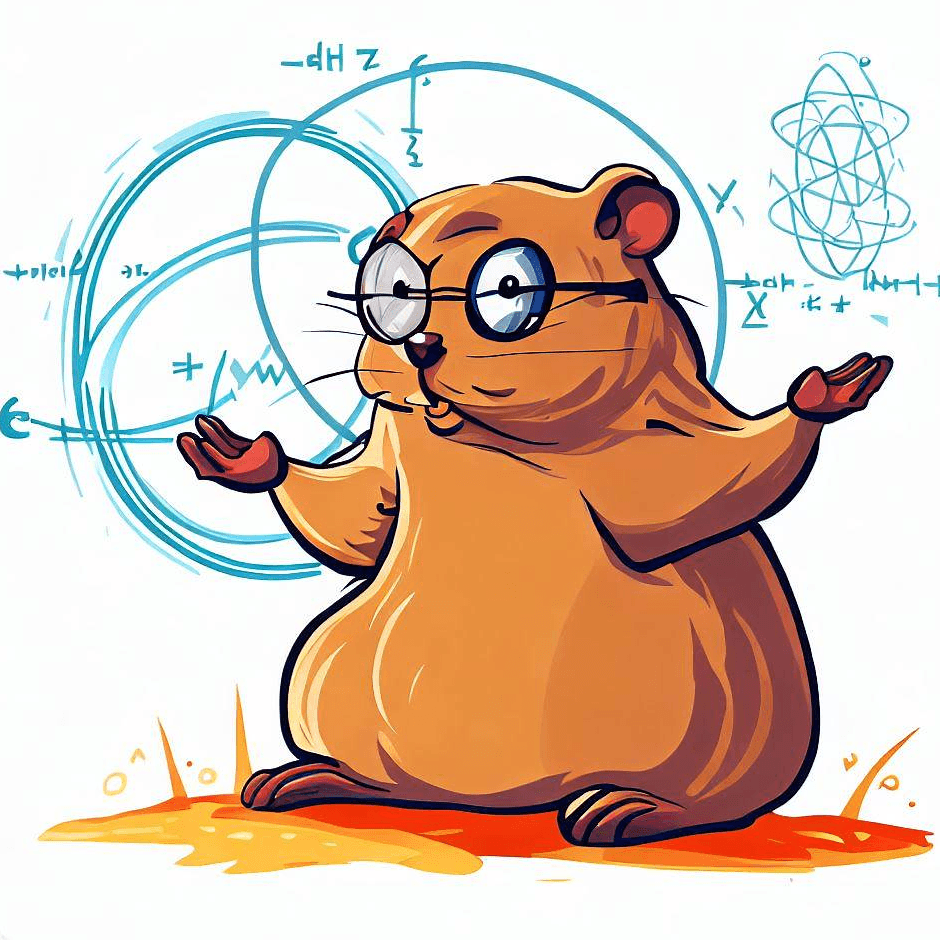
How does the theory of abiogenesis explain the origin of life on Earth?
The theory of abiogenesis suggests that life on Earth originated from non-living matter through natural chemical processes. According to this theory, Earth's early environment provided the necessary ingredients, such as simple organic molecules and energy sources, for the formation of more complex molecules like amino acids. Over time, these building blocks combined to form self-replicating molecules, eventually leading to the emergence of the first primitive life forms. Although the precise details of how abiogenesis occurred are still being investigated, scientists have made significant strides in understanding the chemical reactions and environmental conditions that could have contributed to the origin of life. 🌱🧪
- Can you explain the Miller-Urey experiment and its relevance to the theory of abiogenesis?
- What are some of the challenges or criticisms faced by the theory of abiogenesis?
- How does the theory of panspermia relate to the origin of life on Earth?
- Can you elaborate on the role of RNA in the abiogenesis theory?
- What are some of the key milestones in the evolution of life after its origin on Earth?
- How does the theory of intelligent design contrast with the theory of abiogenesis?
- Are there any experiments or ongoing research that support the theory of abiogenesis?
- Can you explain the concept of spontaneous generation and its historical significance in understanding the origin of life?
- What are some alternative theories or ideas about the origin of life apart from abiogenesis?
- Tell me more about the concept of primordial soup and its connection to the origin of life.